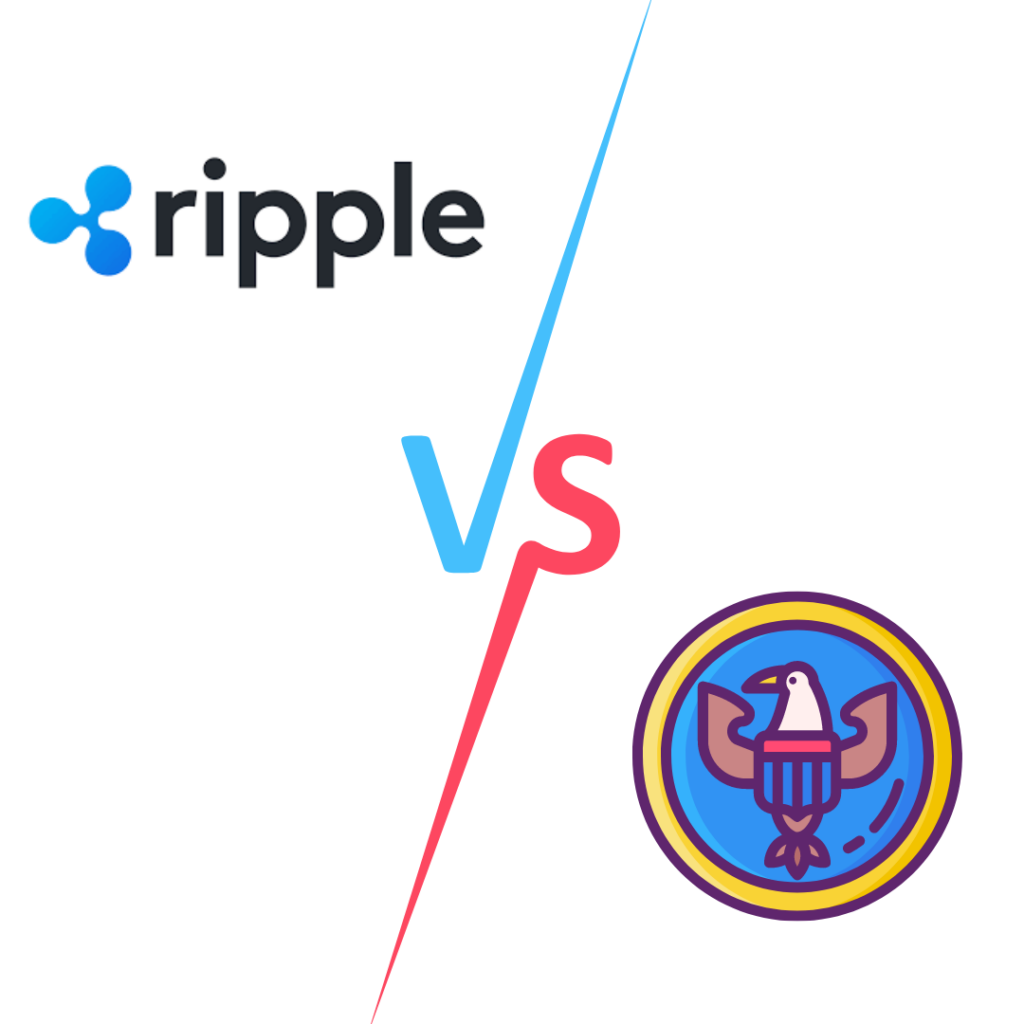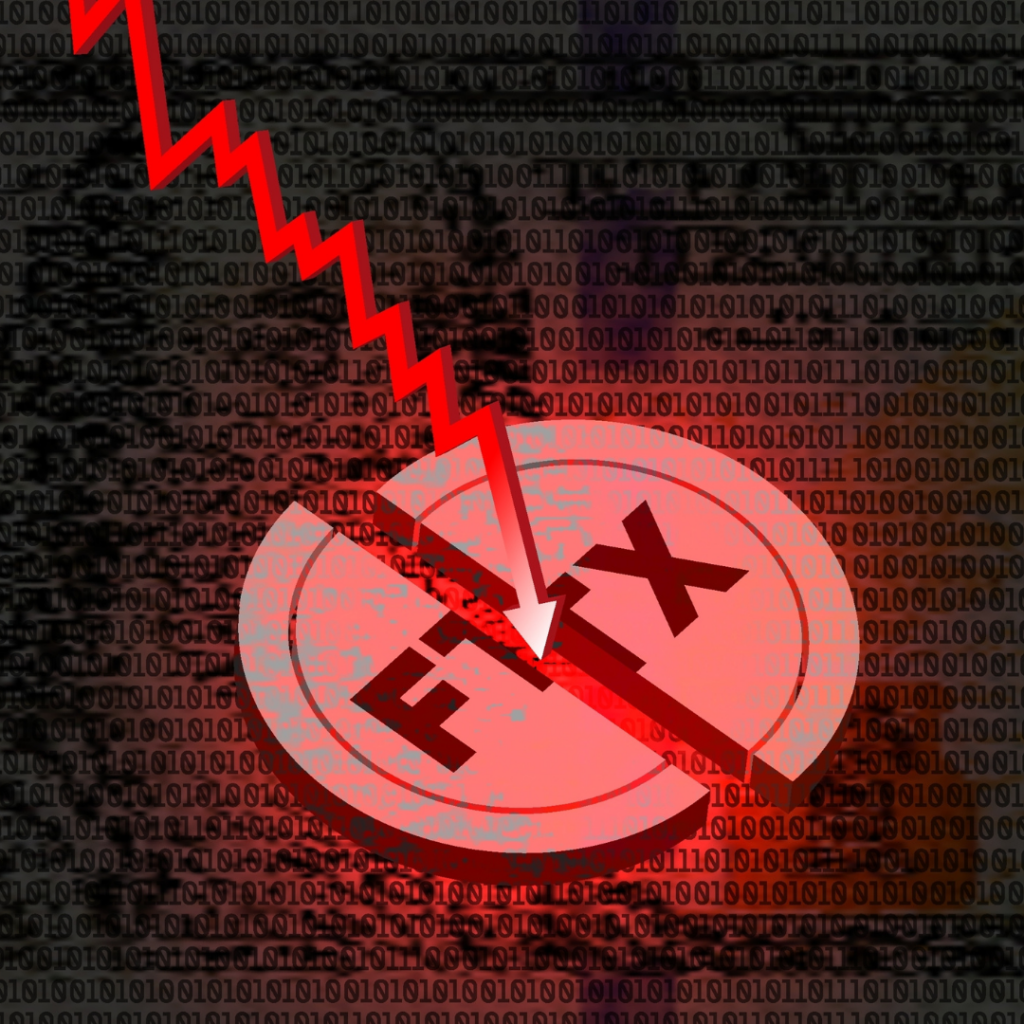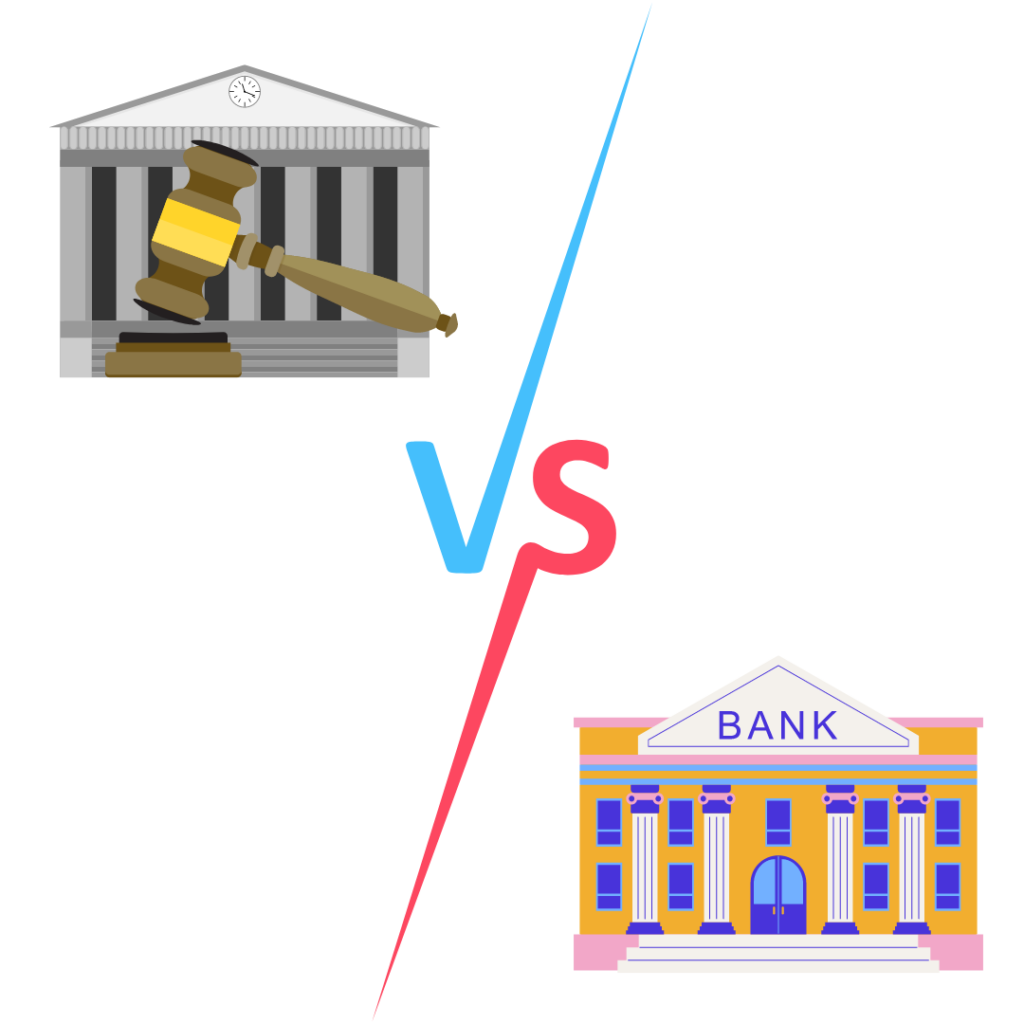7 Biggest Crypto Legal Battles of All Time: What Can We Learn?
Cryptocurrencies like Bitcoin and Ethereum are changing the way we think about money, but they also come with various legal intricacies and questions about how they should be treated. In this blog post, we’re going to break down some of the biggest crypto legal battles of all time.
These cases are important because they help set precedence for how crypto should be regulated. They also have a big impact on crypto investors and the industry as a whole.
7 Biggest Crypto Legal Battles of All Time:
For each case, provide a detailed exploration including the event, key players, implications, and expert insights:
1. Binance Vs U.S. Department of Justice

In the high-profile Binance vs. U.S. Department of Justice case, Binance, a leading cryptocurrency exchange, faced grave allegations. This case is the latest in this list of the biggest crypto legal battles of all time. The DOJ accused Binance of not following regulatory standards that help prevent illegal financial activities. The crux of the case involved the platform’s involvement in transactions potentially connected to terrorist groups and breaching U.S. sanctions, particularly with Iran.
Eventually, the now-former Binance CEO, Changpeng Zhao, pleaded guilty and stepped down from his role. The company settled for a whopping $4.3 billion fine, which raised questions about its future operations and financial health.
This case was a wake-up call for Binance users and the wider crypto community. It also made people more cautious towards centralized exchanges. This case serves as a crucial reminder for companies and organizations in the crypto industry about the importance of compliance and transparency.
Read the full story here.
2. Ripple Vs SEC

In the ongoing legal battle between Ripple and the U.S. Securities and Exchange Commission (SEC), which started back in December 2020, the central question is whether Ripple’s native token, XRP, should be considered a security or a regular currency.
The SEC claims that Ripple should have followed the rules that apply to securities because it raised over $1.3 billion from selling XRP. Basically, the SEC is arguing that Ripple was selling XRP like stocks or bonds without the proper legal steps. Ripple disagrees, saying that XRP isn’t a security but more like a currency, which wouldn’t need to follow these specific rules.
However, the July 2023 court ruling that not all trading of XRP amounted to an investment contract (security) marked a significant moment for Ripple, making it one of the biggest crypto legal battles. This set a crucial precedent for other similar crypto assets at a time when the SEC was going after many major players in the industry with similar accusations.
3. The FTX Scandal

The FTX scandal, one of the most dramatic in crypto history, concluded with the conviction of its former CEO, Sam Bankman-Fried, for fraud in November 2023 and it’s easily one of the biggest crypto legal battles of all time.
So, what exactly happened?
We have an in-depth analysis of the entire FTX collapse. But to briefly explain – SBF started FTX in 2019. However, the operation, which prosecutors claimed was fraudulent from the start, was tainted by serious financial mismanagement. They accused SBF of secretly letting Alameda Research, a sister firm of FTX, use money that belonged to FTX customers.
It all came to light in November 2022 when a CoinDesk article revealed the murky financial dealings between FTX and Alameda. This revelation, coupled with the former Binance CEO Changpeng Zhao pulling out of the exchange, led FTX to file bankruptcy. Soon after, SBF faced civil and criminal charges.
During the trial, people who worked closely with Bankman-Fried, including Caroline Ellison from Alameda and Gary Wang, a co-founder of FTX, admitted to federal charges and testified against him. Their testimonies painted a picture of poor management and misuse of funds at FTX.
This whole situation was a big shock for investors. It also damaged the reputation of the crypto industry, which is already under a lot of scrutinies. SBF’s guilty verdict is not just about one person’s mistakes; it’s a sign that cryptocurrencies need clearer rules and more openness to prevent such problems in the future.
4. OneCoin Vs U.S. Department of Justice

Led by Dr. Ruja Ignatova, alongside her brother Konstantin Ignatov and Sebastian Greenwood, OneCoin tricked thousands of people worldwide. From 2014 to 2016, they managed to gather between $4 and $15 billion, making it one of the biggest crypto scams in history.
OneCoin was launched in late 2014, riding the wave of Bitcoin’s popularity. It was marketed as the next big cryptocurrency, but in reality, OneCoin was a facade. It lacked a crucial component of genuine cryptocurrencies – a blockchain. This meant OneCoin wasn’t a digital currency at all. It couldn’t even be used or traded outside its own website.
So, how did they make money? They sold educational materials about cryptocurrencies, using the OneCoin “cryptocurrency” as a marketing gimmick. These educational materials turned out to be overly expensive and not even original.
The scheme started falling apart when Dr. Ignatova disappeared in 2017, right before Bulgarian police raided one of OneCoin’s headquarters. Ignatova has been missing since, with rumors of her changing her looks and having different passports. Greenwood is in jail in New York waiting for his trial, while Ignatov has pleaded guilty to his role in the fraud.
The ease with which OneCoin operated its Ponzi scheme highlights the need for more detailed regulations and investor education in the crypto sector. Fortunately, we have come a long way in both those aspects. However, the OneCoin investigation and legal battle continue to this date.
5. Supreme Court v. the Reserve Bank of India

In India, the battle between the Supreme Court and the Reserve Bank of India (RBI) represents a significant chapter in the story of crypto regulation in India, a country already grappling with complex crypto laws and taxation issues.
In April 2018, the RBI issued a circular, effectively banning Indian banks from working with businesses or people dealing in cryptocurrencies like Bitcoin due to their concerns about the risks of cryptocurrencies, like their use in illegal activities and their impact on financial stability.
As expected, this ban faced a strong backlash from the crypto community in India. Several entities took the matter to the Supreme Court, arguing that the RBI’s decision was unconstitutional and harmful to the growing digital economy in India.
After nearly two years of court discussions, in March 2020, the Supreme Court of India ruled that the blanket ban was disproportionate and violated the fundamental right to carry on any trade or business under the Indian constitution.
This decision was a big win for the crypto community in India. It reopened doors for crypto businesses and investors, leading to a resurgence in crypto-related activities, making it one of the biggest crypto legal battles of all time.
However, despite this legal win, the status of crypto regulation in India isn’t the best. In fact, India has some of the worst crypto tax laws compared to countries like the US or Germany. The government and other officials are still figuring out the best ways to manage and regulate cryptocurrencies, leaving the crypto industry in India in a state of cautious optimism.
6. Norwich Crown Court v. Elliot Gunton

Elliott Gunton, a teenager from the UK, found himself in big legal trouble for hacking and cryptocurrency fraud. At just 19 years old, he was already known for hacking into TalkTalk, a large telecom company. But his cybercrimes didn’t stop there.
Gunton partnered up with an American named Anthony Nashatka to trick the EtherDelta site, a crypto exchange, into letting them take funds from many of its users. They did this by targeting the company that hosted the site, Cloudshare, based in San Francisco.
Gunton admitted to several charges in court, including misusing computers and laundering money. He was given a 20-month prison sentence but was released early because he had already spent some time in jail. The court also ordered him to pay back £407,359 and limited his access to internet and computer software for three and a half years.
While the crimes here may not be as significant or consequential as some of the others we discussed, this is still considered one of the biggest crypto legal battles because the convicted person was just a regular 19-year-old boy. What made Gunton’s case more noticeable was a tweet he posted, bragging about how great it is to have a lot of money without people knowing.
7. Jarrett v. United States
In the Jarrett v. United States case, a couple from Nashville, Josh and Jessica Jarrett, challenged the way the IRS taxes rewards from cryptocurrency staking. They earned these rewards by participating in the Tezos network, a process similar to earning interest. The key question was: When should these rewards be taxed?
The Jarretts argued that taxing staking rewards as income wasn’t fair. They compared it to taxing a baker for a cake the moment it’s baked instead of when it’s actually sold. They believed that these rewards, just like any property, should only be taxed when they’re sold or exchanged, not when they’re created.
Initially, they asked the IRS for a refund on the taxes they paid on their staking rewards in 2019. When they didn’t get a response, they decided to take legal action. Eventually, the IRS offered to refund their money, but the Jarretts wanted more than just a refund. They wanted a court decision to set a new precedent for staking reward taxes. So, the stakes were high and that is what made it one of the biggest crypto legal battles.
However, the court decided not to rule on the case, dismissing it because the specific refund issue was unlikely to happen again. This means there’s no new rule on how the IRS should tax staking rewards for now. However, the case has opened up conversations and could lead to more challenges in the future about how crypto staking rewards should be taxed.
Read the full story here.
Final Thoughts
In this list of the biggest crypto legal battles of all time, each legal case tells its own unique story. From the huge Ponzi scheme of OneCoin to the regulatory debates of Jarrett v. United States case, these situations show just how unpredictable and constantly changing the world of crypto can be.
One thing that stands out across these cases is how government bodies are paying more attention to cryptocurrencies. These battles highlight the need for clear rules and for people who invest in crypto to be well-informed, especially as the technology develops faster than the laws do.